Members of QCI LAB
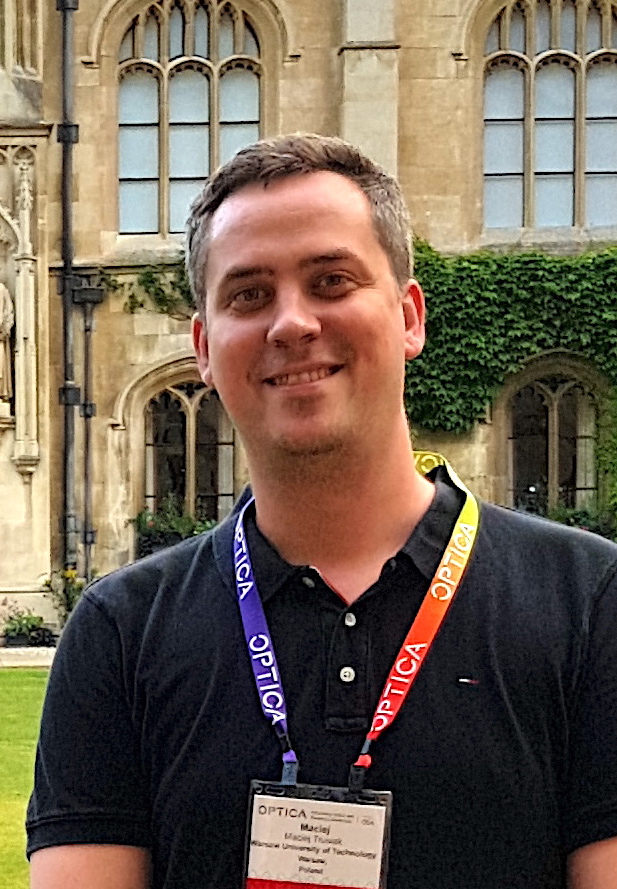
Principal Investigator: Professor Maciej Trusiak
Maciej Trusiak is an Associate Professor at the Institute of Micromechanics and Photonics Warsaw University of Technology. He received his B.Sc., M.Sc., and Ph.D. in Photonics Engineering from the Warsaw University of Technology in 2011, 2012, and 2017, respectively. He then conducted a year-long postdoctoral research in the Optoelectronic Image Processing Group headed by Prof. Javier García and prof. Vicente Micó in the University of Valencia, Spain. He is actively working in computational imaging, optical metrology, interferometry, quantitative phase microscopy, lensless coherent imaging, and fringe pattern analysis. He is a coauthor more than 90 peer-review contributions (including 45 peer-reviewed JCR journal papers, e.g., in Advances in Optics and Photonics, ACS Nano, Bioinformatics). He received two START scholarships (Foundation for Polish Science), Bekker scholarship (National Agency for Academic Exchange), two Ministry of Science and Higher Education prizes for outstanding PhD candidates and outstanding young scientists, four Warsaw University of Technology Rector Prizes for scientific accomplishments, a prize in international Young Stress Analyst Contest organized by British Society for Strain Measurement in 2014 in Cambridge, UK. He is a PI of two ongoing National Science Center NCN projects (Opus19 [PHAICELL] and Sonata16 [GaboScope]) and successfully run, ad a PI, three past projects (NCN Opus13, NCN Preludium and Diamond Grant).
Co-PI: Piotr Zdańkowski, PhD
Piotr Zdańkowski is a research Assistant Professor at the Institute of Micromechanics and Photonics Warsaw University of Technology. Doctorate awarded by Dundee University within the Marie Curie Initiative PHOQUS in 2018. Specialist in fluorescent and label-free microscopy and nanoscopy. Flamboyant and creative experimentalist, built a number of optical microscopes including STED nanoscope, common-path grating-based quantitative phase microscope and optical diffraction tomograph. He received prestigious START scholarship (Foundation for Polish Science) and Ministry of Science and Higher Education prize for outstanding young scientists. Published his microscopy-related high impact research in well-recognized journals like ACS Nano and Bioinformatics.


Professor Emeritus Krzysztof Patorski
Founder of optical metrology lab at Warsaw University of Technology.
SPIE Fellow, Optica Fellow
Krzysztof Patorski, Warsaw University of Technology, Warsaw, Poland, is the 2021 recipient of the SPIE Chandra S. Vikram Award in Optical Metrology in recognition of his seminal contributions to diffraction, interferometry, moiré fields, and fringe analysis with applications in optical metrology, experimental mechanics, and biomedical engineering.
Professor Michał Józwik
Michał Józwik is an Associate Professor at the Institute of Micromechanics and Photonics, Warsaw University of Technology. He received his double Ph.D. in Optical Engineering in 2004 (Warsaw University of Technology and Université de Franche-Comté) and, after post-doc within Marie Curie Intra-European Fellowship at the Institute FEMTO-ST, France, has been a researcher and a lecturer at the Warsaw University of Technology. In 2017 he became an associate professor, and since 2019 he’s the head of the Photonic Engineering Division.
His expertise is related to optical metrology – research on full-field methods and development of instruments (mostly interferometry and digital holography) for technology, experimental mechanics and material science, optical and numerical methods of image processing, integrated optics and MEMS/MOEMS – technology, fabrication, characterization and applications.
Michał participated in 6 EU research projects, 12 national projects (3 as coordinator), 6 projects realized in collaboration with industrial partners (coordinator in 4 projects).

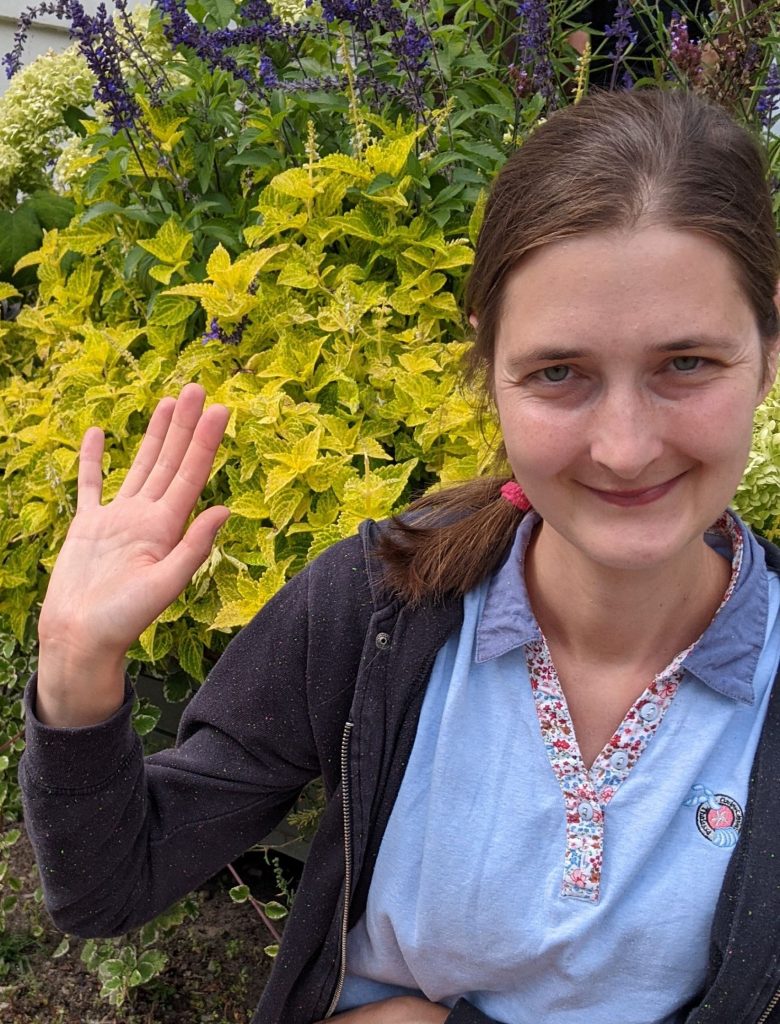
Julianna Winnik, PhD
Julianna Winnik is an Assistant Professor at the Institute of Micromechanics and Photonics Warsaw University of Technology. Doctorate awarded by Warsaw University of Technology in 2018. Specialist in interferometry, holography, quantitative phase microscopy and optical diffraction tomography. Gifted numerical expert, especially interested in complex optical field propagation and tomographic reconstruction of complex refractive index distribution, developed a number of holographic data processing algorithms for 2D and 3D reconstructions. She received prestigious START scholarship (Foundation for Polish Science) and Ministry of Science and Higher Education prize for outstanding young scientists. Published her holographic tomography related high impact research in well-recognized journals like Optics Express and Biomedical Optics Express. She successfully conducted, as a PI, a NCN Preludium scientific project.
Marcin Marzejon, PhD
Marcin J Marzejon is a research assistant professor at the Institute of Micromechanics and Photonics, Warsaw University of Technology. He obtained his B.Sc. (2016) and M.Sc. (2017) in Electronics and Telecommunications, and Ph.D. in the field of automation, electronics, electrical engineering, and space technologies (2023) from Gdansk University of Technology. His research is focused on applications of optics for biomedical applications. He worked on fiber-optics-based sensors, Raman spectroscopy, nonlinear visual perception, and two-photon autofluorescence. He described the two-photon vision phenomenon in terms of the parameters of pulsed near-infrared lasers. His works were published in high-impact journals like Biomedical Optics Express and Journal of Clinical Investigation. In the QCI lab, he is involved in the development of the GaboScope project(NCN Sonata).

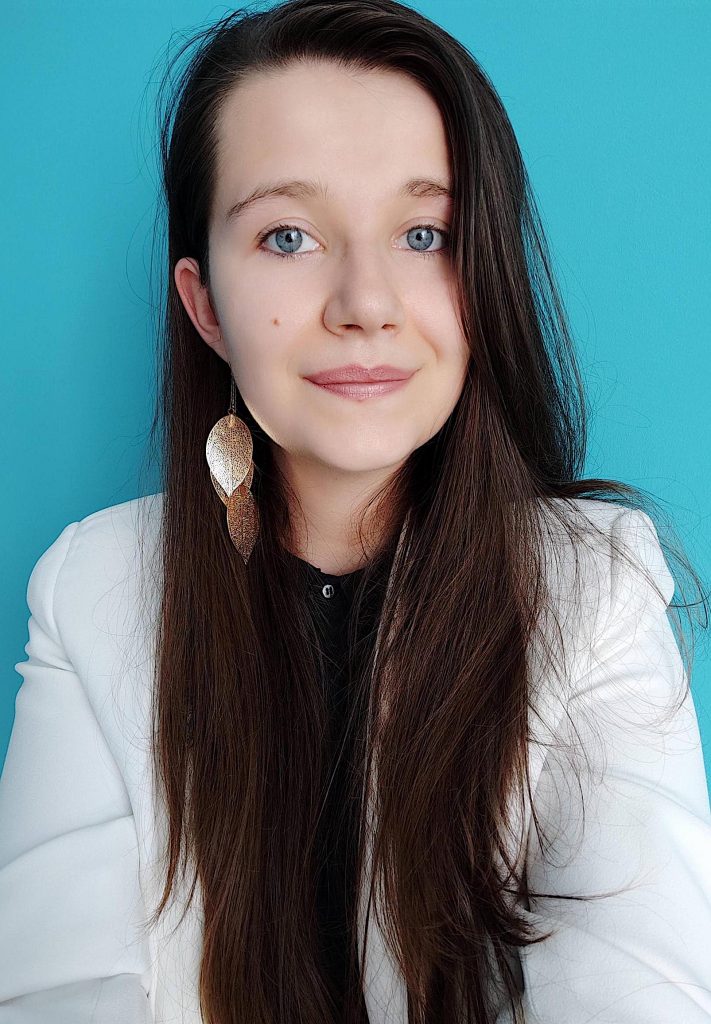
Maria Cywińska, PhD
PhD working in NCN Opus [PHAICELL] project. She received his MSc Eng. degree in mechatronics with specialization in photonics engineering from Warsaw University of Technology. Her research interests include numerical methods for fringe pattern analysis crucial in interferometric and holographic measurements and development of algorithms based on variational image decomposition and deep learning framework (convolutional neural networks) to aid optical measurement techniques. She recently received prestigious START 2021 scholarship (Foundation for Polish Science) and funding under her NCN Preludium grant (2021).
Mikołaj Rogalski, MSc, PhD student
Fourth year PhD candidate working in NCN Opus [PHAICELL] and NCN Sonata [GaboScope] projects. He received his MSc Eng. degree in photonics engineering from Warsaw University of Technology. His research interests include Fourier ptychographic microscopy (FPM), lensless digital in-line holographic microscopy, deep learning aided optical measurements, and novel methods for efficient analysis of interferograms and holograms.He published a paper in high impact Bioinformatics journal reporting FPM app – open access Matlab application enabling simulation on FPM data acquisition and facilitating synthetic/real data reconstruction. He recently received full doctoral scholarship from Warsaw University of Technology and was awarded in Professor Smolinski Contest for the best thesis in optoelectronics (organized by Polish Electronic Association).
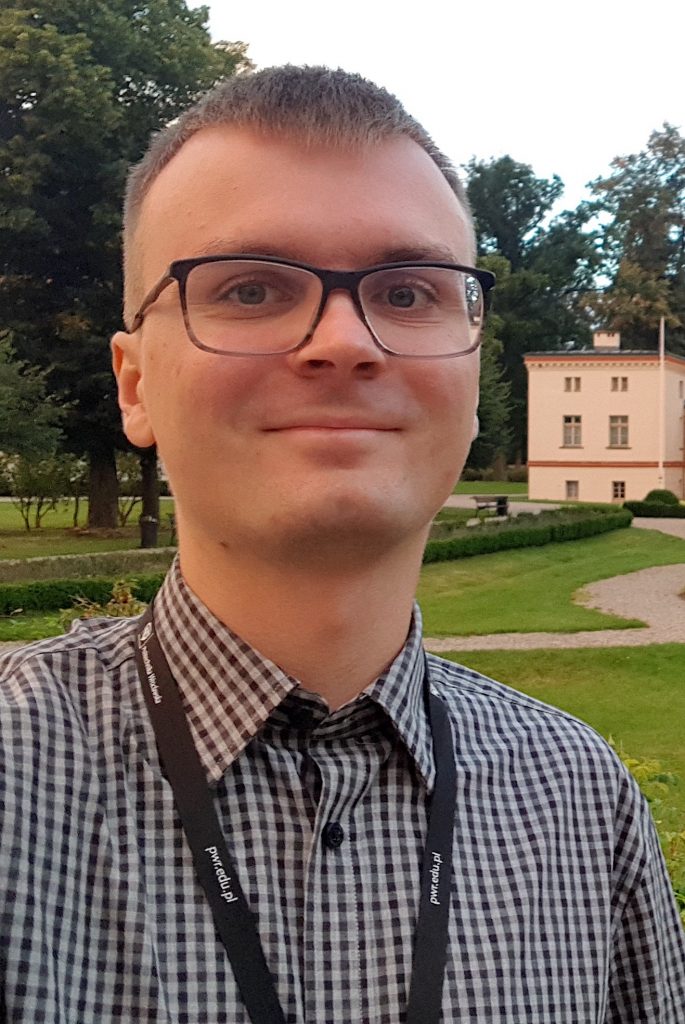
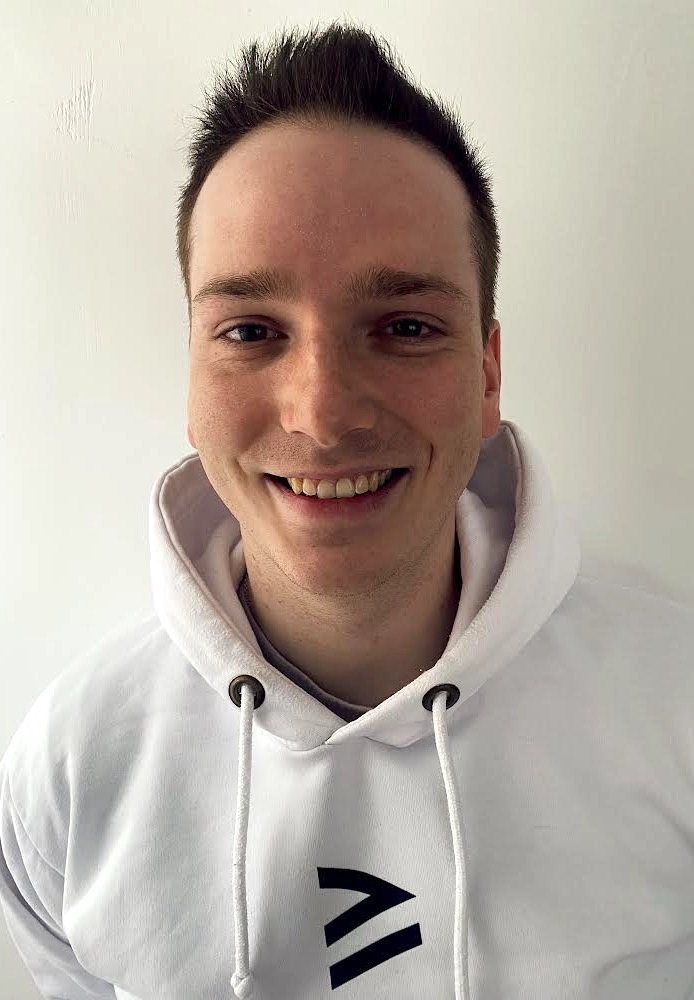
Piotr Arcab, MSc, PhD student
Second year PhD candidate working in NCN Sonata [GaboScope] project. He received his MSc Eng. Degree with distinction (cum laude) in Mechatronics with specialization in Photonics Engineering from Warsaw University of Technology. His research interests include lensless digital in-line holographic microscopy, Gabor hologram processing and reconstruction, designing and assembling holographic microscopy setups. Recently he was awarded in Professor Smoliński Contest for the best thesis in optoelectronics (organized by Polish Electronic Association).
Emilia Wdowiak, MSc, PhD student
Second year PhD candidate working in NCN Sonata [GaboScope] project, she received her MSc Eng. degree in Mechatronics with specialization in Photonics Engineering from Warsaw University of Technology. Her research interests include quantitative phase microscopy metrology, lensless digital in-line holographic microscopy (software and hardware solutions), micro- and nano-fabrication with two-photon polymerization technique.

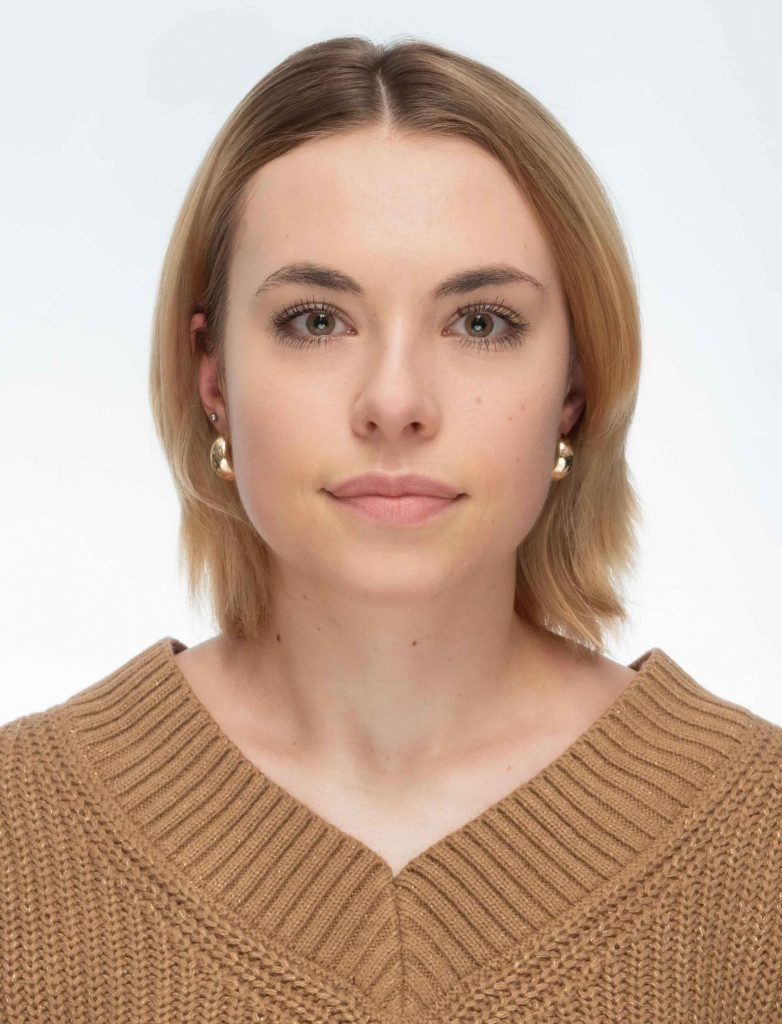
Karolina Niedziela, BSc, MSc student
First year Master’s degree student working in NaNoLens Project. She received her BSc Eng. degree in Mechatronics with a specialization in Photonics Engineering from Warsaw University of Technology. Her research interests mainly focus on lensless digital in-line holographic microscopy, involving both software and hardware solutions.
Bachelor degree students cooperating with QCI LAB: Piotr Sieńczewski.
Master students cooperating with QCI LAB: Anna Czechowska, Miłosława Wilkowiecka, Julia Dudek, Wiktoria Szymska.